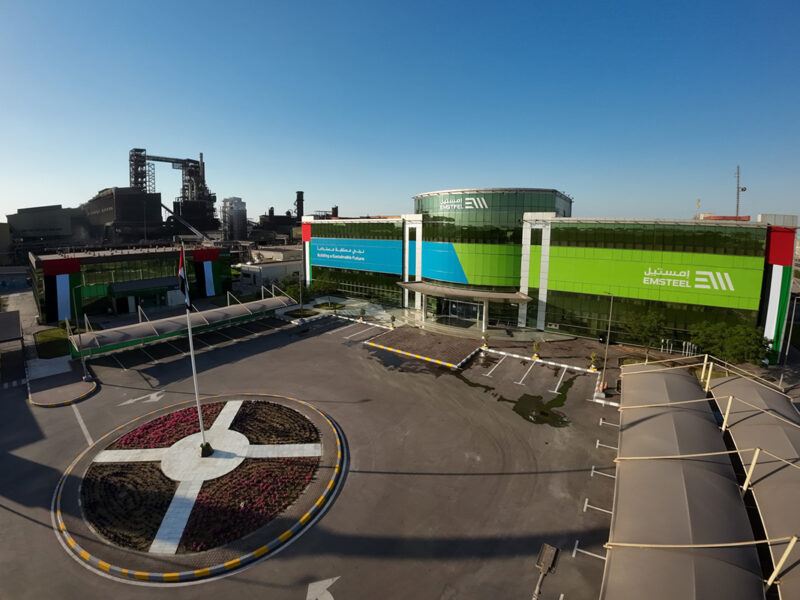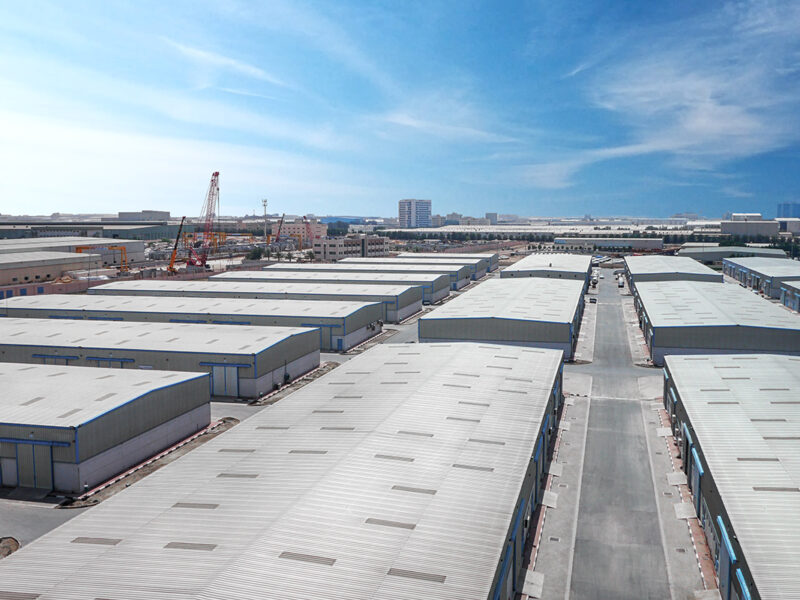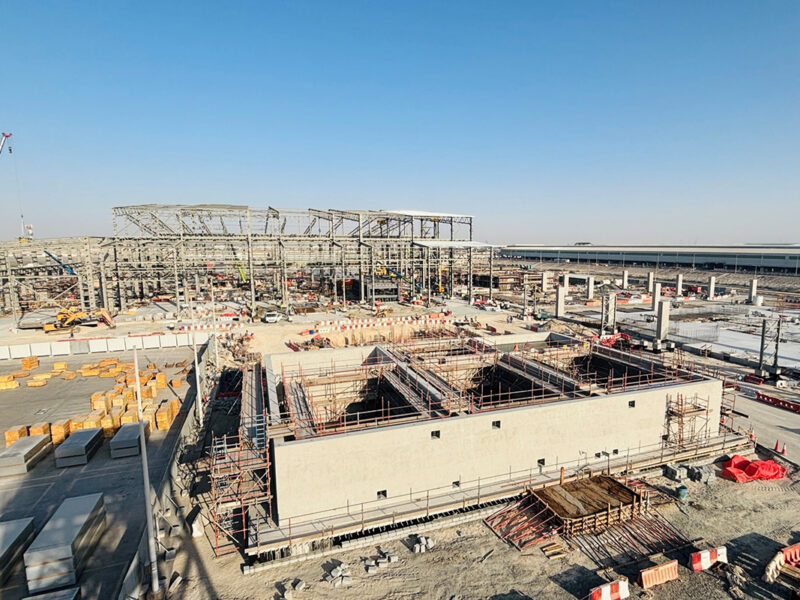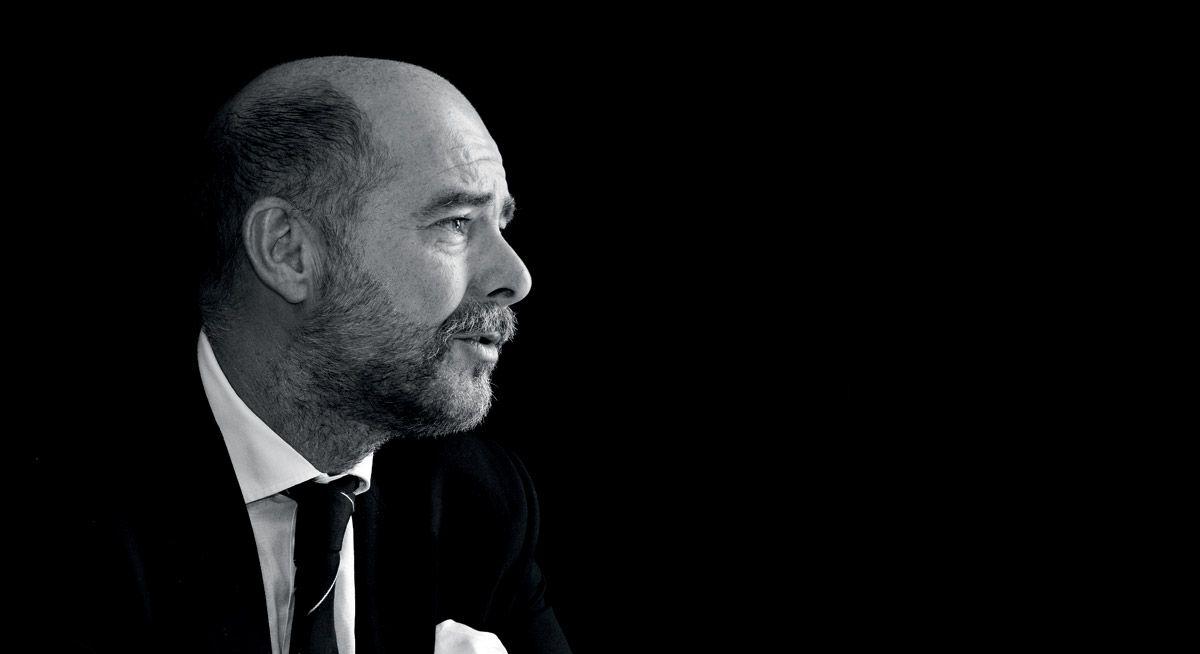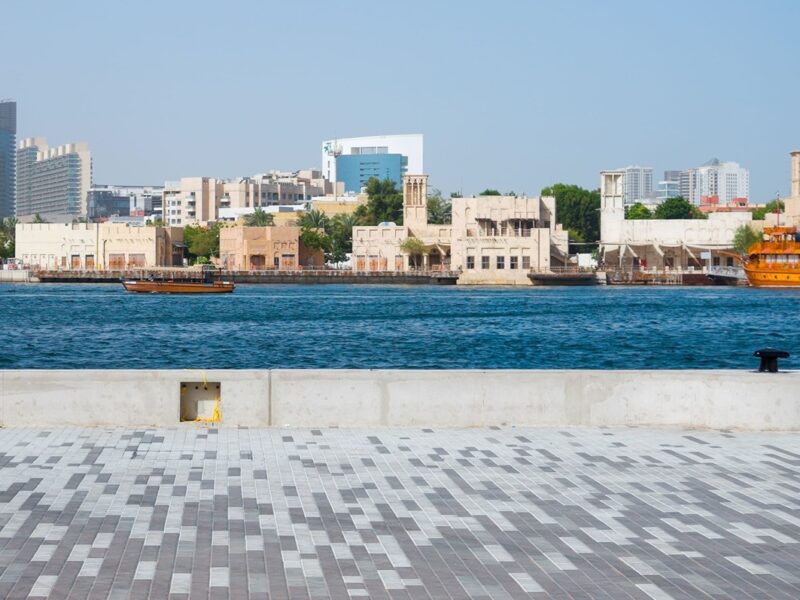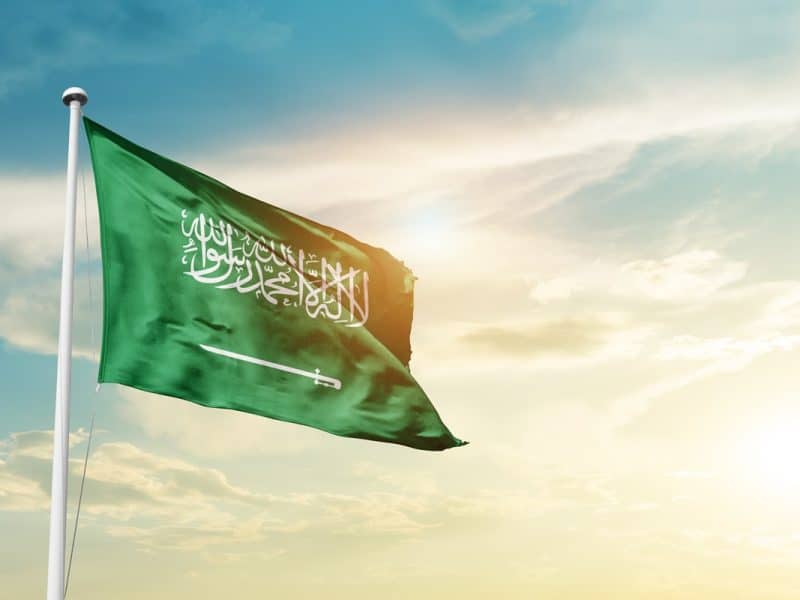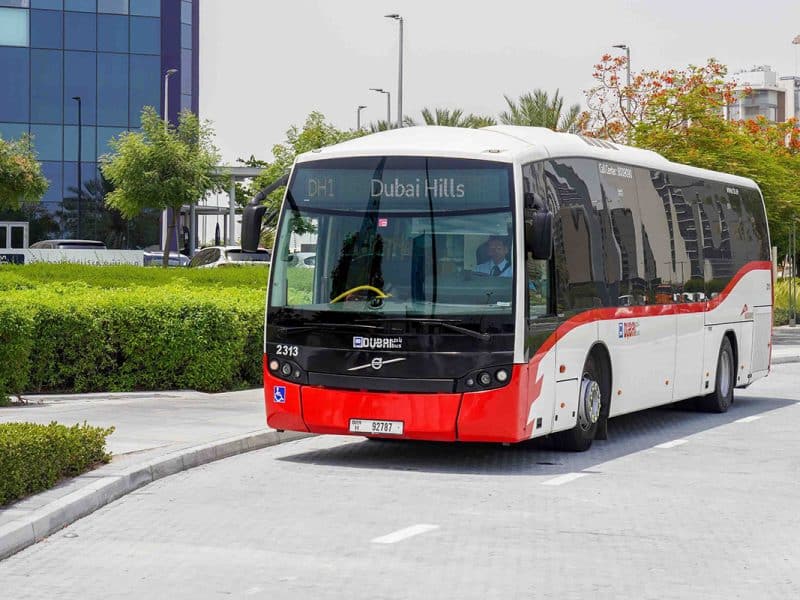When John Brash was tasked with selling Dubai’s Burj Khalifa to the world, the last thing on his mind was skyscrapers.
The Scotsman envisaged the world’s tallest building not as a hunk of steel and glass, but as an aspirational lifestyle brand that had more in common with Armani or Gucci.
“We didn’t look at other tall buildings for inspiration, we didn’t even look at other real estate projects. It wasn’t about being the tallest building in the world, because that’s not a defendable position,” Brash recalls. “Someone else will ultimately build another tallest building in the world, two years down the line or 20 years down the line. We took Burj Khalifa as if it was its own luxury brand.”
Out of this concept radiated much of what is seen in Downtown Dubai today, with Brash in the driving seat when it came to the genesis of many high-end brands in the development, including the Dubai Mall, Armani Residences and the Address hotel.
Brash’s clients, through his Dubai-based agency Brash Brands, read like a roll call for the biggest and brightest in the UAE.
They include Emaar, Emirates Airline, Etihad Rail, TDIC and Dubai Multi Commodities Centre.
The branding decisions made by Brash and his team have had a profound impact on each of these organisations, not in terms of how they present themselves to their customers, but also on each of theirs’ strategy and vision.
“People often ask me ‘what’s the difference between branding and advertising?’ What we do is something that will last at least ten years, if not fifteen years, 20 years or more. It’s the DNA of an organisation,” Brash explains. “We understand what makes that organisation tick. What makes one bank different from another one? It could be the leadership, the shareholders, which market they want to operate in.”
Originally from a small town equidistant from rival Scottish cities Edinburgh and Glasgow, Brash carved out a career in London working with prestigious brands including BP, McLaren F1 and Diageo. In 2003, Brash relocated to Dubai as executive creative director MENA at global consultancy Landor Associates.
Article continued on next page…
“I’d come here with [Landor] to basically help grow the region and help it move forward,” he says. “My original plan was to move back to London or to New York or another posting somewhere, but a lot of my clients came and said to me ‘John, why don’t you stay? We like working with you’.”
Brash says that he found the corporate environment of the UAE refreshing compared to that of London. Whereas in the British capital reaching decision makers at organisations required ploughing through layers of bureaucracy, many of the top executives in the Middle East operated more of an open-door policy. “You get to meet senior people here, and engage with them, whereas in some markets you don’t,” Brash says. “You meet the CEOs, you meet the chairmen, and they’re interested. Suddenly you’re having a dialogue with a chairman or vice chairman who’s talking about strategy.”
Brash says that there was a gap in the market when he made the decision to found Brash Brands in 2007, with most consultancies being local offices for global operations such as his former employer. “There are pros and cons with these kinds of companies, but one of the things that we said was ‘why can’t we set up a world-class company out of Dubai, that can work not only here but internationally?’,” he explains.
There is one common theme that runs through all of Brash Brands’ clients, Brash says, in that they are looking to achieve growth, whether that be in assets, geographic footprint or human resources. To assist them in doing this, he explains, it is necessary for Brash to get a “360-degree insight” into how its clients operate. “We speak to senior management, everyone throughout the organisation: clients, customers, potential customers and competition,” he explains. “Do they want to consolidate in one market? If so, they need a strategy for that. If they want to go global that’s a very different proposition.”
Brash says that many of the largest organisations in the UAE have experienced tremendous growth over a relatively short timeframe compared to their counterparts in Europe and the US. Particularly when it comes to considerations like international expansion and launching new product lines, Brash says companies rely on his expertise on what works and what does not.
“If you look at organisations in, say Germany, they’ve grown over 100 years, but if you look at the companies here they’ve grown exponentially over ten years. So one thing we’d do is look at them and tell them their businesses that make sense and those that they should maybe create a new brand for, because it’s not really their core business,” he explains. “The other businesses you can either sell off at IPO, or create another brand for another target audience. Rationalising companies’ portfolios and brand architecture is a big part of our job.”
Although the lines appear blurred, Brash insists that his company is not a management consultant such as McKinsey & Co and does not tell executives or government officials how to do their jobs. He does however admit that there are slight overlaps. “We take the 20kg of documents [management consultants] produce and make that tangible and relevant to the management and staff,” he quips.
He gives the example of one client that Brash Brands has recently helped rebrand, air services firm dnata, part of Dubai-based Emirates Group. “With something like dnata, everyone thinks it’s just a small company that does travel, but it’s colossal and doing tremendously well,” Brash says.
In order to position itself for further growth, however, Brash says that dnata needed to ensure that all of its employees, from its top executives to its baggage handlers, were all aligned with a singular vision and aware that they are playing a vital role in the company.
Article continued on next page…
“We had to make sure that the new brand is relevant to the guy that is working in baggage, who is moving bags off a plane onto the conveyor belt. We needed to explain to him what the vision of that company is and how he can be an excellent component in that company,” Brash explains. Within one year of its rebranding, Brash says that dnata had seen a nine percent improvement in the productivity of its employees.
Another client that Brash recently secured is Etihad Rail, the federal company responsible for building the UAE’s national railway network. Brash says that the organisation is arguably their most high profile yet. “You’re creating something that is significant for the UAE — a railway, the country’s first — which is going to connect the emirates, and potentially down to the Red Sea and the Indian Ocean,” he explains. Brash says that the work his company is doing here goes beyond just creating logos and colour schemes for the projects, but is about creating an entire identity before even a single piece of track has been laid.
When asked why clients select his agency over some of the bigger-name consultancies in New York or London, Brash’s response is modest. “It’s trust and reliability, even if that’s not very glamorous,” he believes. “That we’re based here gives clients a reassurance. A company headquartered in the US or London might close down the UAE operation for a couple of years, head off to Shanghai and make their money there for a couple of years. We’re here for the long run and we’ve stayed throughout the slightly more difficult times.”
Brash, whose company also has offices in London, Singapore, Shanghai and a number of other Asian cities, says that like many other industries, branding and advertising suffered during Dubai’s 2008-2009 financial crisis. He says though that the impact on budgets at Brash clients was not across the board.
“If you look at different sectors, like fast-moving consumer goods, that’s recession proof more or less because people need to buy food,” Brash explains. “You can say the luxury market, at a mid level is hit. At a high level it’s never hit because rich people will always be rich, whether they’re super rich or just rich. They’ll still buy the likes of Rolls-Royces, Bentleys, Aston Martins — they’ll always sell.”
Moving forward, Brash is eager to target new opportunities outside of the UAE. The company recently signed a major deal with Tata, the $100bn Indian conglomerate, and is also eager to sniff out business in China.
One branding exercise that has deeply impressed Brash over the last couple of years is that of Dubai itself. In the aftermath of the emirate’s financial crisis four years ago, Brash says that the emirate has emerged stronger than before, and with the possibility of hosting Expo 2020, its fortunes are likely to remain on an upward trajectory.
“Dubai is a very dynamic place. Sheikh Mohammed has pushed it onto an international stage. You look at the organisations that come out of here, the likes of Emirates, the Burj Khalifa,” he says. “The Expo 2020 will be great for the UAE. I think there’s a growing level of maturity, there was a lot of people who saw it as a lot of hype, and there was a lot of communication around being the biggest, the best and all of that. But I think it’s a bit more real now and it’s grown up.”

